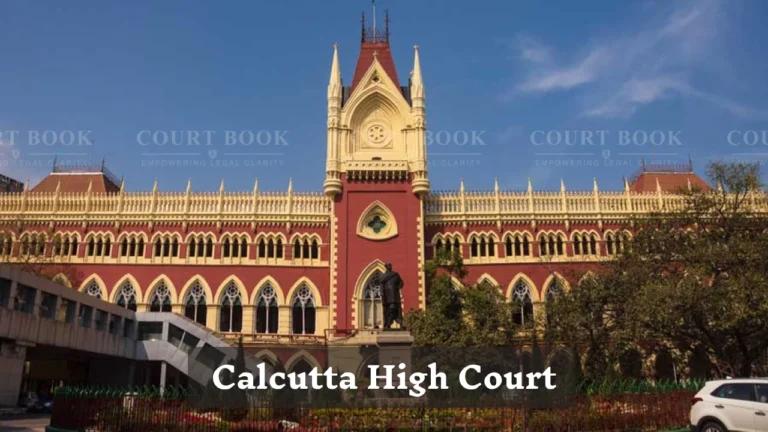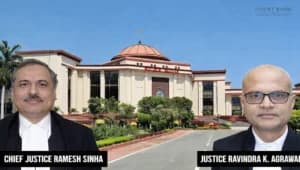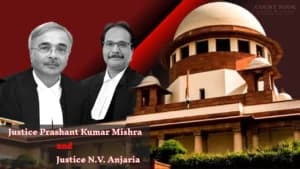In a significant ruling on October 14, 2025, the Calcutta High Court set aside an earlier judgment by a Single Bench that had dismissed the plea of Rabin Bain and others regarding land use classification. The Division Bench comprising Justice Rai Chattopadhyay and Justice Smita Das De held that the previous order was "erroneous and perverse," as it failed to properly examine the factual background and the devastating aftermath of Cyclone Amphan.
The matter, registered as MAT 1750 of 2025, revolved around the classification of a plot in Dharmatala, Panchuriya, and whether new construction there violated the East Kolkata Wetlands (Conservation and Management) Act, 2003.
Background
The appellants, represented by senior advocate Mr. Kallol Basu, had challenged the September 24, 2025 order of the Single Judge who dismissed their petition, citing that their land fell within the "wetlands" category where new construction was prohibited.
Mr. Basu argued that the land in question recorded as LR Dag No. 1463 in Mouja Dharmatala, Panchuriya was legally classified as "Bastu" land, meaning residential or homestead property. He emphasized that the family had been living there since 1960, and the original building was destroyed during the catastrophic Amphan cyclone. The reconstruction, therefore, could not be treated as a "new" construction under the wetlands law.
Quoting from the hearing, the senior counsel submitted,
"Rule 4(1) of the Wetlands Rules, 2017, has no retrospective effect. My client’s house was simply rebuilt after destruction; it was not a fresh construction project."
The appellants also relied on earlier precedents such as M. Emdadul Hoque v. State of West Bengal (2008 SCC OnLine Cal 335) and Sanjay Halder v. Budhan Rajak (2016) 2 CHN 489, which clearly distinguished “Bastu" land from "wetland" classifications.
Court's Observations
The Division Bench noted that the Single Judge had not fully considered the factual matrix, particularly the long-standing residential use of the land and the impact of the Amphan disaster.
"The effect of Amphan has remained unspoken in the judgment… Destruction of a building is natural in the wake of such devastation," the Bench remarked.
The court further stated that the LR Parcha (land record) showing the plot as Bastu/Ghor carried a presumptive value of correctness which had not been rebutted by the respondents.
"There is no record sufficient enough to rebut the presumption from the Parcha," Justice Chattopadhyay observed.
The Bench criticized the Single Judge's handling of the matter, noting that the writ petition was disposed of without calling for any affidavits from the respondents. The judges said this deprived the case of a complete factual foundation.
"Given the factual background, the writ petition should have been dealt with on affidavits from all parties," the Bench said during pronouncement.
Decision
Holding that the earlier judgment was without support of any sufficient document, the Calcutta High Court set it aside and allowed the appeal.
The Division Bench directed that the matter be heard afresh by the Single Bench, this time with affidavits filed by both the State and the private respondents. The Court gave the following directions:
- The impugned judgment dated September 24, 2025, is set aside.
- Respondents are to file their affidavit-in-opposition within four weeks.
- The petitioners may submit their affidavit-in-reply within one week thereafter.
- The Single Bench will hear the matter afresh and dispose of it on merits after considering all affidavits.
With these directions, the appeal was allowed and disposed of.
Case Title: Rabin Bain & Ors. vs. State of West Bengal & Ors.
Case Number: MAT 1750 of 2025
For the Appellants:
- Mr. Kallol Basu, Senior Advocate
- Mr. Falguni Bandyopadhyay
- Ms. Sreetama Neogi
- Ms. Riya Ballav
For the Respondents:
- Mr. Sabyasachi Chatterjee
- Mr. Debabrata Mondal
- Mr. Dinesh Ch. Mondal
- Mr. Pintu Kumar














